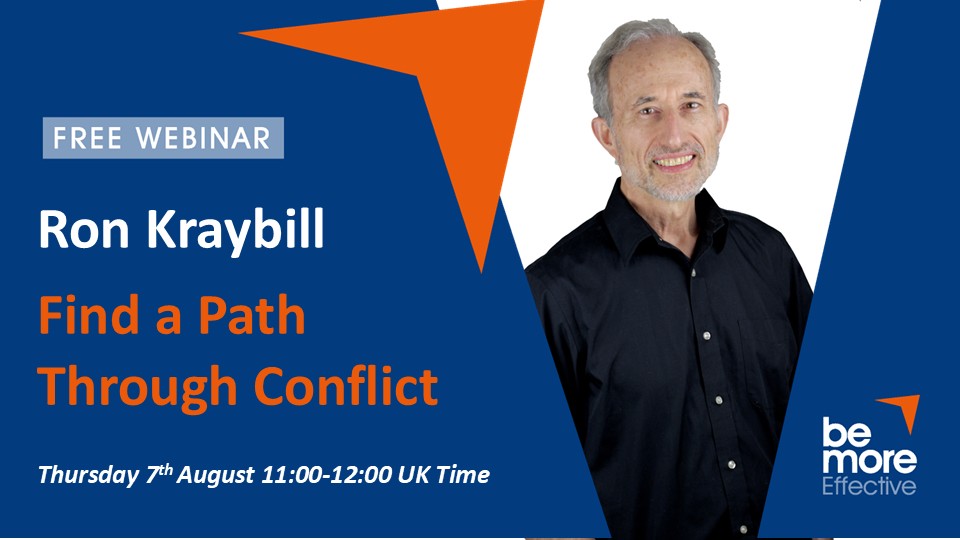Two things most of us hate about sales people

What do customers and prospects say are the two most common mistakes made by sales people?
A long long time ago in a place far far away – someone taught me that you are always selling whether you like to consider your self a sales-person or not. Because whether you are attempting to win control back over the remote control for the TV from your eight year old, convincing an employee to raise his performance, trying to get your mechanic to fix your clutch a day earlier or for a more reasonable price... you, me and everybody are “influencing others” = we are all, at times, selling...
Now if we are going to have an impact on an “audience” it makes some sense to find out something about that audience so as I wanted to improve my own selling skills I decided to do some research on generic “customers and prospects” to help improve my own approach.
I asked a team of people to ring 600 companies in the South West of the UK and then ask two questions
- What are the main criteria that you would judge a potential new supplier, knowing you'd want to work with them for some time..?
- What traits or behaviours do you like least in sales people who visit or call you..?
In today's blog we will cover the 2nd question...
What did this research show?
The two most common “mistakes” ~ if I can call them that ~ were
a. Talking too much
b. Not asking sufficient or any questions
Be careful before you cast judgement... remember we are “all” sales people at different times in our busy daily lives whether you have that word “sales” in your job title or not. This means each and everyone of us are in danger of falling into one or more of those poor habits.
When in “influencing” mode (code for selling) there is a strong in built temptation to slip into “tell mode” ~ to develop and expound an interesting story, describing the various facts, features, advantages and benefits of our ideas and proposition. Unfortunately.... this can easily mean we
- Start with our self interest – from our point of view, so easily “disconnected” from that of our audience and...
- Keep going – talking, explaining, enthusing, highlighting, so easily “irrelevant” to your audience.
Check out any guru on influencing skills
- Covey ~ Seek to understand before seeking to be understood
- Svennberg ~ Let your listeners speak
- Caldini ~ People have an inherent desire to return favours, first them and then you.
- Fisher & Ury ~ Rather than listening attentively to the other person, parties may instead be planning their own response, or listening to their own constituency.
And the Grand-Father of them all Mr. Dale (How-To-Win-Friends & Influence People) Carnegie
- Become genuinely interested in other people.
- Be a good listener. Encourage others to talk about themselves.
- Let the other person do a great deal of the talking.
- Let the other person feel that the idea is his or hers.
- Try honestly to see things from the other person’s point of view.
When we listen well to another person, by that very same action we give the three massively important things which we all crave and have done ever since our birth.
- Attention
- Acceptance
- Approval
Attention
If we are listening that of course means the other person is doing the talking and whoever is doing the bulk of the talking has very high levels of mental attention, the talker has high levels of awareness of themselves and what they are saying, they are far more involved and engaged than the listener. And with all this involvement and engagement something happens at a psychological and relationship level inside the talker; the “talkers” trust in the “listener” goes up...
Acceptance
Of course while the other person is listening, they are listening to the ideas and views and opinions of the “talker” ~ the “talker” gains the feeling that they are being heard and as the “listener” is doing just that... “listening” it seems their ideas are being given respect, as there is no argument or indication of rejection, it seems to the talker that their ideas are being accepted.
Approval
A good active listener would probe and ask supplementary questions based on what the “talker” had said. This demonstrate
better than many things an appreciation of their point of view and if the talker senses that the listener can see things from the talker's self interest, sense the listener is on their side, trust grows...
Now of course ~ if you needed to influence someone else there is no value in...
- gaining the other person's trust
- seeing the other person's self-interest
- making the other person feel accept
- keeping the other person fully involved and engaged
...or is there..?
If you want to sell to another person, or influence another person ~ get them talking, explaining their interests, their point of view, their needs and problems, their preferences and decision making criteria ~ oh yes and of course their trust in you grows... Not only do you know how they are wired so you can present your ideas in alignment with their values, drives and needs – they are far more likely to trust what you say.
So when you want to sell or influence another person – get the other person talking and listen as if everything depends on it – because it does...
For more information please send a message via the Contact Us Page. Or you can register for an upcoming webinar.


